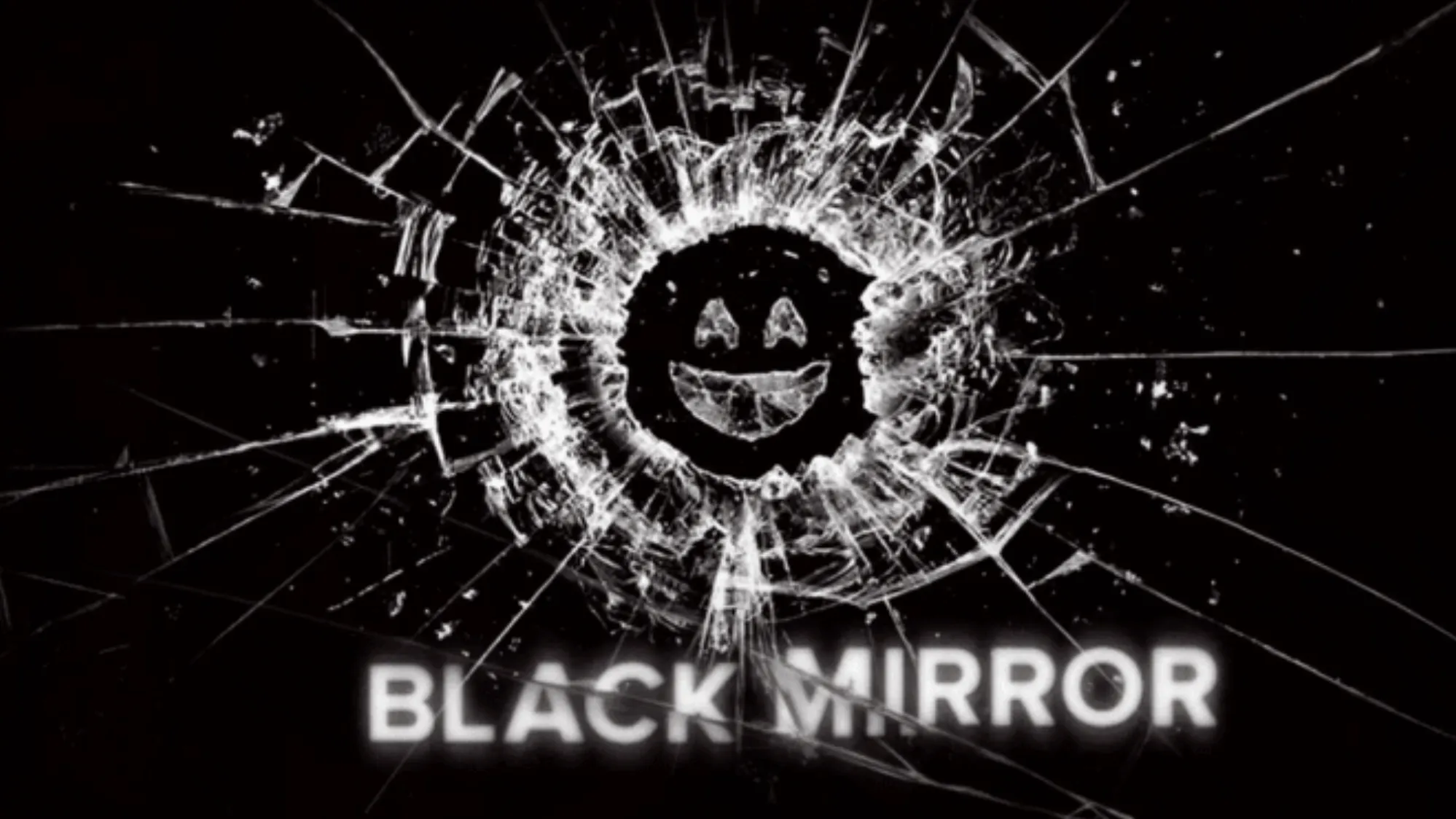‘Joan is Awful’: A Critique of Big Tech’s Privacy Intrusions Through Black Mirror

In this blog post, we’re going to discuss how ‘Joan is Awful’, an episode from Black Mirror, critiques Big Tech’s privacy intrusions and why this relates to the FOSS movement.
In a world increasingly intertwined with technology, conversations around the ethical considerations of our digital interactions are more crucial than ever. Particularly concerning are the practices of major streaming platforms, a topic I intend to explore today. While it’s important to recognize creators like Charlie Brooker, the force behind Black Mirror, it’s equally essential to critically examine the intricate corporate mechanisms that drive platforms like Netflix. This post isn’t meant as an endorsement or promotion of these Big Tech entities (in fact the opposite is true) but aims to spark dialogue and consideration.
Black Mirror, a series renowned for its probing analysis of technological dystopias, delivers a powerful message on Big Tech’s pervasive influence in ‘Joan is Awful’ (S06E01). This episode stands as a monumental critique that’s both captivating and chilling, painting a vividly haunting yet insightful picture of our technology-infused world.
‘Joan is Awful’ portrays the life of a tech executive named Joan Tait, whose startlingly accurate series is aired on the Streamberry app (a parallel to Netflix), leading to significant personal and professional consequences—all because she unknowingly agreed to invasive surveillance through the app’s terms and conditions.
But there’s more. A shocker lies in the fact that Joan’s consent to Streamberry’s invasive surveillance was hidden in the app’s terms and conditions. With Joan’s unwitting approval, the show is rendered using CGI, a quantum computer harvesting real-time data from users’ devices, and actress Salma Hayek’s digitally reproduced likeness.
Interestingly, this episode is audacious in its critique, naming streaming heavyweights like Netflix and Disney as it navigates the contentious terrain of “digital likeness”—the concept of using an individual’s digitally reproduced image or persona. The irony that Netflix approved such a self-critical episode cannot be overstated. It’s a cunning move on Netflix’s part, betting on audiences to perceive the episode as pure fiction and not a critique of their practices. This deflection of real-world concerns as merely inspired by the show could be seen as a masterstroke of reverse psychology.
For advocates of Free and Open Source Software (FOSS), who champion transparency, collaboration, and freedom in technology, ‘Joan is Awful’ is a wake-up call. It brings into sharp focus the pressing need to cultivate an environment that upholds user privacy and autonomy—core tenets of FOSS. It also exposes the potential hazards of proprietary software, particularly when in the hands of dominant tech firms, thereby emphasizing FOSS’s critical role in preserving a balanced digital ecosystem.
Software’s omnipresence in our lives, coupled with the unchecked influence of Big Tech as portrayed in this Black Mirror episode, spotlights the importance of the FOSS movement. This episode serves as a stark warning of the dystopian future we risk hurtling towards if we neglect to question, challenge, and demand more from our tech overlords.
In a society increasingly driven by technology, ‘Joan is Awful’ is a powerful illustration of the nefarious potential of unchecked Big Tech power. It stands as a testament to the fact that the decisions we make—or fail to make—about our digital lives can have far-reaching consequences. More than ever, now is the time to rally behind FOSS and its mission to safeguard digital freedom.
Raising awareness is crucial, as only through understanding can we challenge and change the status quo. So, if you have an existing Netflix subscription, I encourage you to watch ‘Joan is Awful’ to gain insight into the intricate dance between technology, privacy, and corporate control depicted in this episode. This isn’t a call to subscribe or support Netflix but a suggestion to utilize an available resource to gain a deeper understanding of the narrative and implications.
However, if you don’t have a subscription, we do not endorse signing up solely for this purpose. Our stand against the monopolistic practices of Big Tech remains firm, and we encourage our readers to seek out ethical, transparent alternatives whenever possible.
I hope this blog post illuminates the complex intersection of entertainment, technology, and privacy, serving as a catalyst for deeper conversations as we strive for digital autonomy and transparency.
I’d love to hear your thoughts on this episode or Black Mirror in general. Share your opinions in the comments below!;